October 29, 2021

In 2017, the Government of Kenya adopted a new policy called “A Framework for Pre-exposure Prophylaxis of IV in Kenya.” This framework directed the roll out of pre-exposure prophylaxis (PrEP) in Kenya, addressing the key focus areas of: availability, acceptability, accessibility of PrEP, and the holistic integration into the national HIV combination prevention strategy. To align with the government, Ciheb in Kenya’s PACT Endeleza program, which recently ended, also started offering PrEP that same year.
PrEP is a medicine that people at high risk of infection take as a daily pill to prevent HIV.
To date, 30 PACT Endeleza-supported health facilities in Nairobi County have provided PrEP and partnered with the Nairobi Metropolitan Service (NMS). For key populations, the program partnered with the University of Manitoba through their program called Partners for Health and Development in Africa, which worked through a sex workers’ outreach program called SWOP. Collaborating with NOCET, a civil society organization that works with people who inject drugs (PWID), also allowed PACT Endeleza to offer PrEP to PWIDs.
A Peer Approach
PACT Endeleza used a peer-led approach, whereby peer educators or leaders helped in terms of awareness and demand creation.
With key populations, those who initiated PrEP were organized into WhatsApp groups where they shared experiences and encouraged each other to continue adhering and using PrEP. In the general population, PACT Endeleza established clubs where PrEP users were profiled by gender and age and organized into WhatsApp groups.
Another key demographic was discordant couples. “If they're assessed to be at substantial risk upon testing negative, then we initiate them on PrEP, and we group them into discordant groups where we can continuously follow through and continue to provide PrEP,” said Patrick Eshikumo, HIV prevention specialist for PACT Endeleza.
PACT Endeleza continuously assessed these people for risk to determine if PrEP was still applicable. If the risk decreased, the clinician suggested the client consider discontinuing PrEP with instructions to continue other prevention interventions. Clients could always return to restart PrEP if their situation changed.
Mobile and Facility Outreach
Mobile outreach was organized for key populations where clinicians and clinical providers went to the community and provided all clinical services, including PrEP. “The other setup is through the drop-in centers, which are a clinical setup where all clinical services are provided,” Eshikumo said.
Eligibility screeners were stationed at entry points of the 30 supported facilities and used a rapid assessment screening tool. Clients who screened as at-risk were subsequently linked to providers for testing. Those who tested negative were given more information on PrEP, and, if they opted for PrEP, were referred to clinicians to initiate treatment.
Increases in Uptake
The program increased uptake over time and interest among key populations, particularly among female sex workers and men who have sex with men. “We started the programming for transgenders this year, and the uptake for PrEP is good,” Eshikumo said.
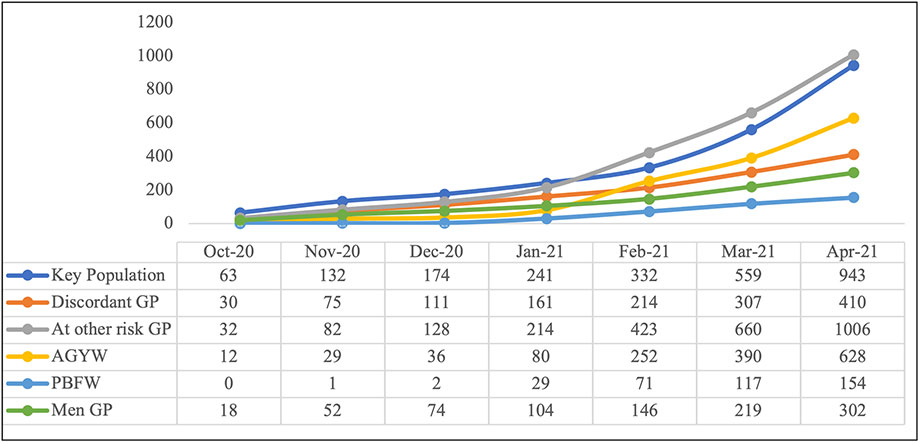
Cumulative New Clients on PrEP by Population Type
Although there were steady improvements, results were slow at first. “Uptake was a challenge because the other interventions that we were providing for key populations, such as condoms, seemed to have worked,” Eshikumo said.
Continuation was a larger issue among key populations compared to the general population and the serodiscordant population. A majority of those dropping out or discontinuing were due to missing appointments, with staff unable to reach them via phone.
PrEP continuation from October 2020 to March 2021
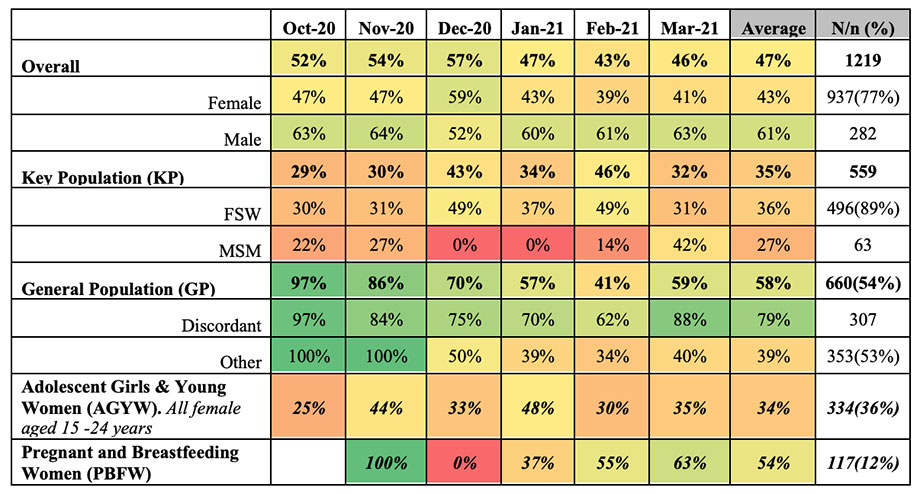
PrEP continuation by demographics
Looking to the Future
The partnership with NMS has been a major milestone for PACT Endeleza for current and future interventions. Nairobi County through NMS will be able to continue the successes that have been achieved at the public health facilities. From the launch to pre-implementation training of healthcare workers, PACT Endeleza involved the county staff. In most of the public health facilities program, PACT Endeleza staff also worked with the county health staff.
“We believe after the transition, we are certain that the services we are providing, with PrEP in particular, will continue and clients will continue to benefit,” Eshikumo said.
Contact
Center for International Health, Education, and Biosecurity
Institute of Human Virology
Anthony Okoth
Regional Communications Specialist
Related stories
.png)
Friday, April 12, 2024
PreVAIL Presented at CROI 2024 Conference
The Prison PrEP Values, Adherence, and Implementation (PreVAIL) study was developed to address these knowledge gaps surrounding HIV prevention among justice-involved populations. Representing a collaborative effort between UMB, CIDRZ, and Zambia Correctional Services, PreVAIL is one of the first studies observational studies on PrEP uptake, persistence, and adherence among incarcerated persons.

Tuesday, February 07, 2023
HIV Treatment and Prevention in Zambian Prisons May be Model for Prisons Worldwide
A recent study performed in Zambia by University of Maryland School of Medicine’s (UMSOM) Institute of Human Virology researchers found that high uptake of HIV preventative medicine, known as pre-exposure prophylaxis (PrEP), is possible in prison populations with adequate resources and support from the criminal justice health system.
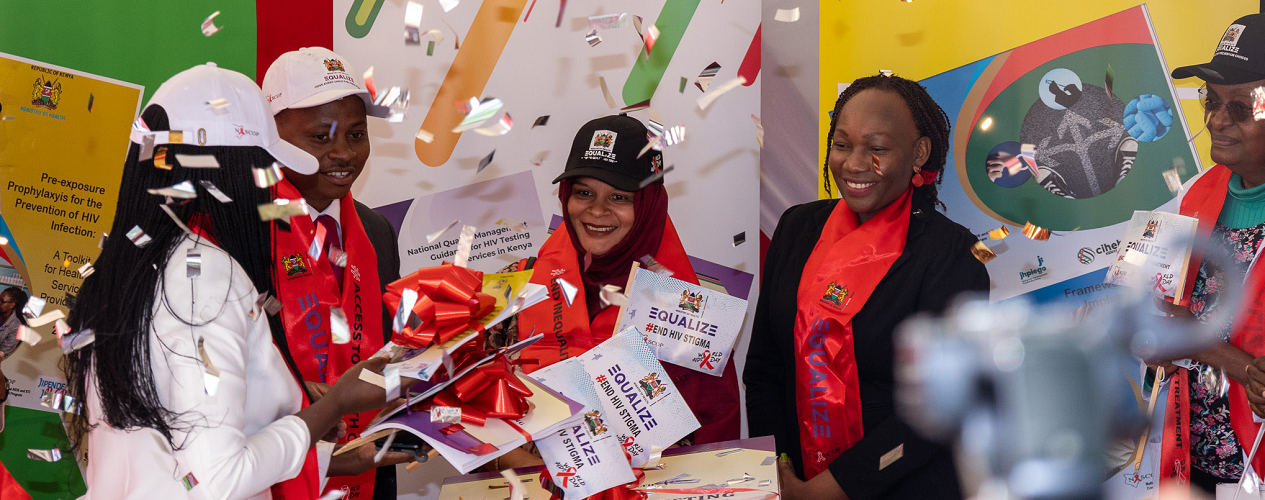
Friday, December 09, 2022
Ciheb-Kenya Joins the Globe in Commemorating the World AIDS Day 2022
Speaking during a pre-World AIDS day event in Nairobi, the Head of the National AIDS and STI Control Program (NASCOP), Dr. Rose Wafula, reiterated that the Ministry of Health, through NASCOP, commits to exploring and connecting the global and national efforts that focus on impact and progress towards the 95-95-95 targets to end the AIDS epidemic by 2030.
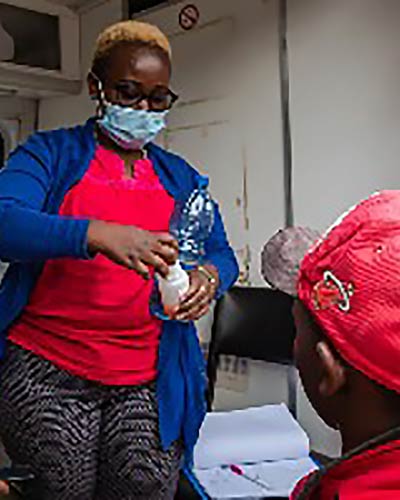
Monday, October 03, 2022
Medically Assisted Therapy Clinic in Kenya Empowers Women
In Nairobi, Ciheb’s PACT Endeleza program, with the assistance of the University of Maryland, Baltimore, and Nairobi City County, established medically assisted therapy (MAT) clinics to reduce the spread of HIV among people who inject drugs (PWID) and provide opioid substitution therapy (OST). These clinics in Mathari and Ngara were established with funding from the President’s Emergency Plan for AIDS relief through the U.S. Centers for Disease Control and Prevention.
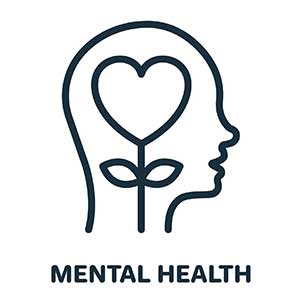
Tuesday, September 20, 2022
Caring for the Caregivers: Mental Health and Healthcare Workers in Kenya
Ciheb Kenya's CONNECT program held a two-day mental health workshop in Nairobi, Kenya. At the workshop, which was tailored for health management teams, facilitators expounded on the importance of good mental hygiene for healthcare workers.
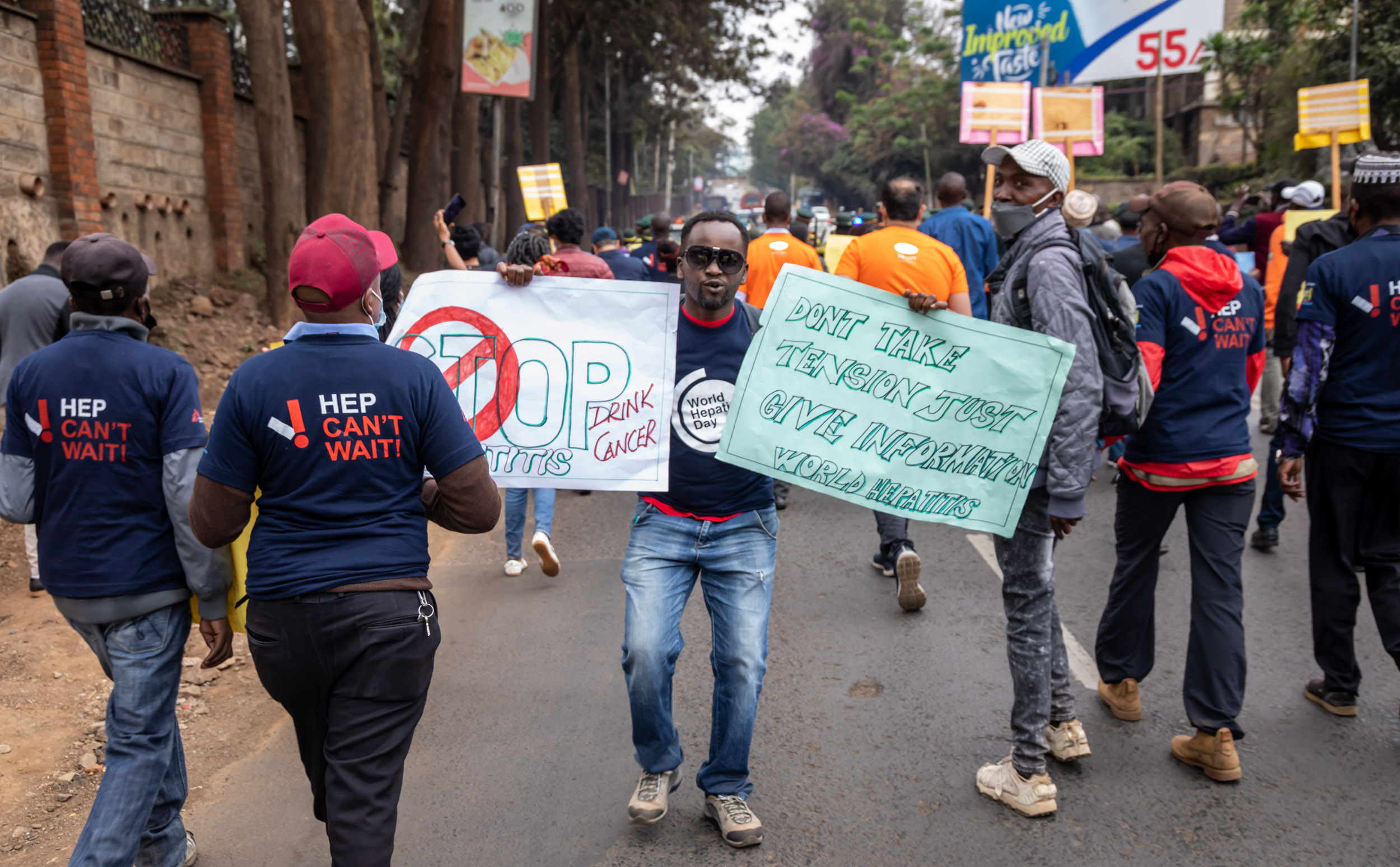
Monday, August 29, 2022
Kenya Celebrates World Hepatitis Day
Hepatitis A, B, and C are the most common of the viral hepatitis in Africa, with the African region accounting for 26% of the global burden for hepatitis B and Cin 2020.
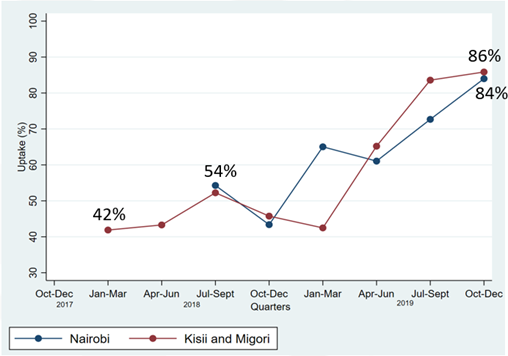
Wednesday, June 01, 2022
New Ciheb Report Compares DSD and Conventional Care
The University of Maryland, Baltimore (UMB) and Ciheb-Kenya recently released a report, “Evaluation of Differentiated Service Delivery Model,” which summarizes results, as related to DSD, from its PACT Endeleza and PACT Timiza programs in Kenya. The evaluation focused on the effect of multi-month dispensing (MMD) (three months or more) compared to conventional care.
Friday, April 29, 2022
CONNECT Program Targets Cervical Cancer
Women living with HIV are at a much higher risk of contracting cervical cancer, which progresses much faster in HIV-positive people due to their compromised immune status.
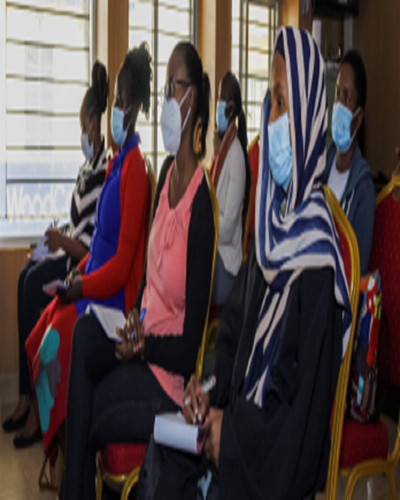
Tuesday, February 01, 2022
A Leader in Cervical Cancer Screenings
Partnership for Advanced Care and Treatment (PACT) Endeleza has supported HIV programming since 2016, but the program scope previously did not include cervical cancer screening. This changed in October 2020 when PACT Endeleza expanded its range of services to screen all women of all reproductive age groups.
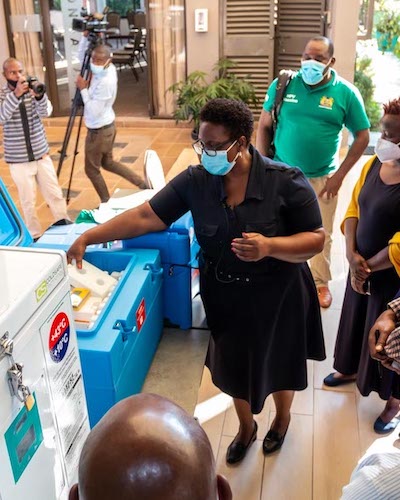
Wednesday, December 08, 2021
Supporting the Rollout of the COVID-19 Vaccine in Kenya
To combat the spread of COVID-19 in Kenya, Ciheb’s local partner, Ciheb-Kenya, received a five-year CDC-funded grant to support national and county activities towards rolling out COVID-19 vaccination. The Technical Assistance to Ready and Accelerate Capacity of public health programs in Kenya (TRACK) program is focused on supporting the development of national policies and training material on COVID-19 vaccination and teaching national trainers to cascade this training to counties.
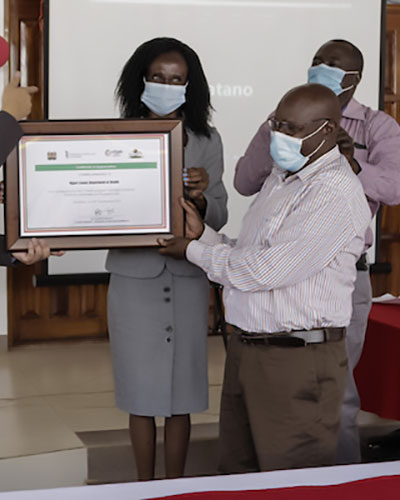
Wednesday, October 27, 2021
Kenya Country Programs Complete Five Years of Impact in HIV Services
September marked the close of Ciheb in Kenya’s two Partnership for Advanced Care and Treatment (PACT) programs, PACT Timiza and PACT Endeleza. Ciheb held closeout events in the three counties that it worked in – Kisii, Migori, and Nairobi City – to commemorate the two programs' accomplishments.
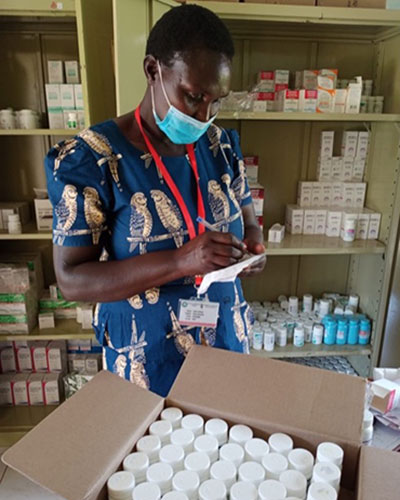
Tuesday, October 12, 2021
Differentiated Service Delivery Improves HIV Care in Western Kenya
HIV care and treatment involves complex needs and a unique set of circumstances for each client, and the conventional one-size-fits-all approach to treatment does not best serve people living with HIV (PLHIV). The client-centered approach known as differentiated service delivery (DSD) provides creative solutions to tailor clinical services to meet the needs of each client, an approach that better serves clients and the Kenyan health system.
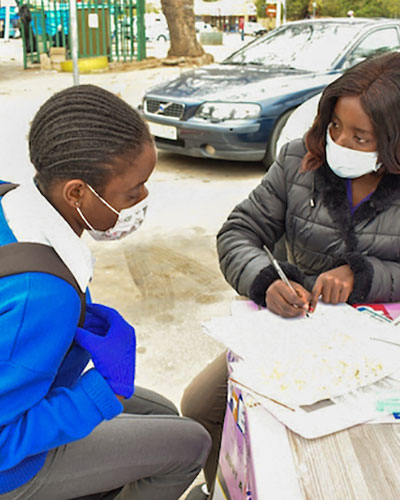
Monday, September 27, 2021
Bummhi Assists National Rollout of PrEP in Botswana
Bummhi — Ciheb’s local partner in Botswana — has made key contributions to the introduction, rollout, and scale up of pre-exposure prophylaxis (PrEP) on a national level to help achieve the UNAIDS 90-90-90 HIV targets more quickly. The rollout process began in 2015 but significantly increased in the last year.
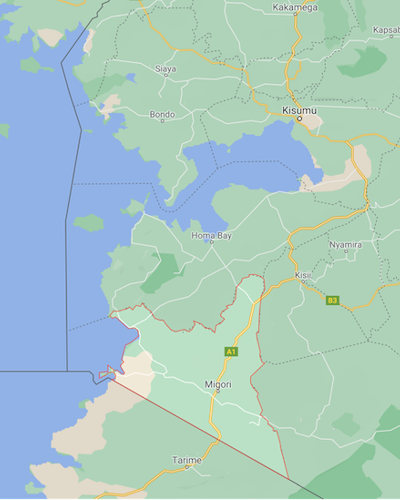
Monday, September 06, 2021
Public Health Impact through Research in HIV and TB in Western Kenya
Kenya has made remarkable strides towards reaching the UNAIDS 95-95-95 HIV targets for epidemic control, and HIV and tuberculosis (TB) services now reach a significant proportion of the Kenyan population.
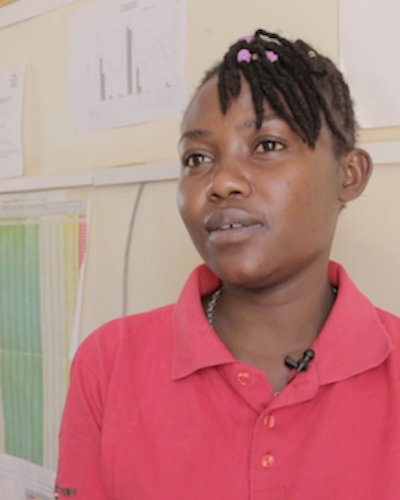
Friday, September 03, 2021
Operation Triple Zero Supports Adolescents in Overcoming HIV
HIV is a serious risk among adolescents in Kenya, and Ciheb has been helping address rising infection rates through Operation Triple Zero (OTZ). OTZ uses a contextual “asset-based approach,” whereby adolescents are considered as resources with potential answers to their challenges and are empowered to take responsibility and action for their health.
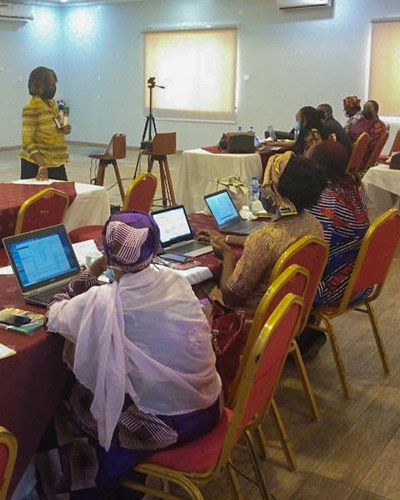
Wednesday, September 01, 2021
Data Demand and Information Use through STATA Training in Nigeria
Ciheb Nigeria, in partnership with the Federal Ministry of Health, recently facilitated a training to promote a culture of data demand among stakeholders to encourage the use of data on the National Data Repository (NDR) to track program outcomes and impact. The training also aimed to build the capacity of the stakeholders to maximize the use of data on the NDR for research.
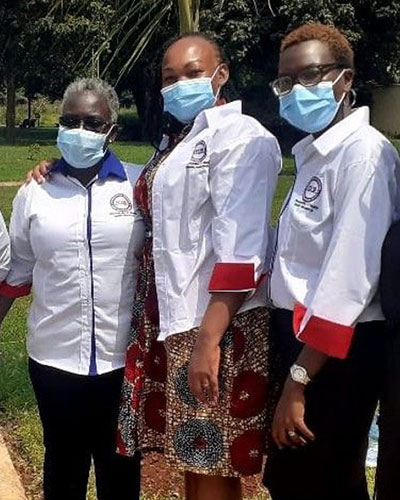
Monday, August 16, 2021
In Kenya, Ciheb Efforts Recognized in Nairobi County CQI Awards
During the summer, the Nairobi Metropolitan Services (NMS) held its annual Health Service Delivery Awards to recognize best-performing health facilities in Nairobi County. Facilities supported by PACT Endeleza won awards in all categories they participated in. NMS evaluated facilities based on their performance in continuous quality improvement metrics.
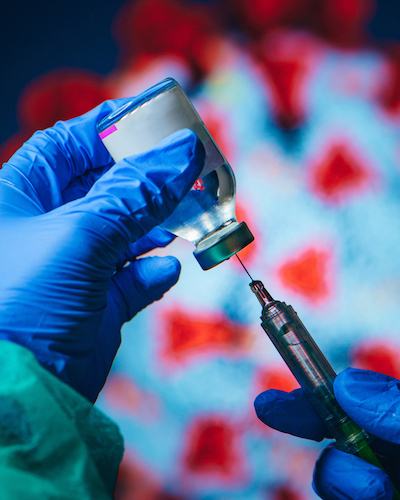
Monday, May 24, 2021
Ciheb-Kenya on the Front Lines of the COVID-19 Vaccine Rollout
Ciheb-Kenya, our local Kenyan partner, has been working with the U.S. Centers for Disease Control and Prevention, the Kenya Ministry of Health, and the National Vaccines and Immunization Programme (NVIP) to support COVID-19 vaccine preparedness through the ongoing Technical Assistance to Ready and Accelerate Capacities of Public Health Programs in Kenya (TRACK) project. Kenya received its first shipment of vaccines several weeks ago and has been moving ahead quickly. As of April 21, a total of 721,509 persons have been vaccinated against COVID-19 countrywide.

